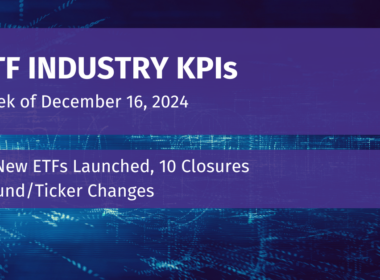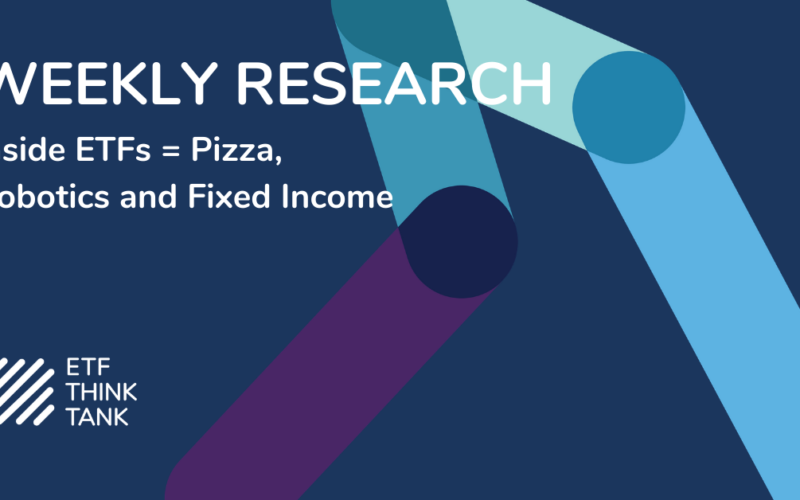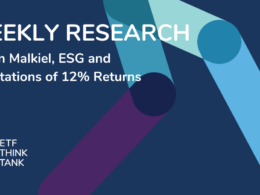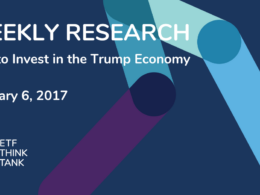Did you know that most domestic airlines were operating under Chapter 11 bankruptcy from 2005 to 2008? After consolidation and strategic streamlining of operations, however, airlines are now set for their 10th straight year of profitability. In fact, the International Air Transportation Association predicts that globally airlines will see net profits of $35.5 billion in 2019.
Join Frank Holmes, CEO and chief investment officer of U.S. Global Investors, and Dan Weiskopf from ETF Think Tank for an exclusive conversation on the investment opportunities in the global airline industry.
Webcast: Airlines Set for 10th Straight Year of Profitability
Date: Wednesday February 20
Time: 2pm EST/1pm CST
Topics discussed:
- How airlines have managed to stay profitable for 10 years through greater fuel efficiency, growing profits in non-ticket purchases and increased travel demand.
- Why this industry deserves a place in investors’ portfolios – from strong 2019 airline profit outlooks to portfolio diversification potential.
- An in-depth look at the construction of a dynamic, smart-beta ETF that provides investors an opportunity to invest in the global airlines industry – the U.S. Global JETS ETF (NYSE:JETS).
Please consider carefully a fund’s investment objectives, risks, charges and expenses. For this and other important information regarding the U.S. Global Jets ETF (JETS), obtain a statutory and summary prospectus by visiting www.usglobaletfs.com. Read it carefully before investing.
Investing involves risk, including the possible loss of principal. Shares of any ETF are bought and sold at market price (not NAV), may trade at a discount or premium to NAV and are not individually redeemed from the fund. Brokerage commissions will reduce returns. Because the fund concentrates its investments in specific industries, the fund may be subject to greater risks and fluctuations than a portfolio representing a broader range of industries. The fund is non-diversified, meaning it may concentrate more of its assets in a smaller number of issuers than a diversified fund. The fund invests in foreign securities which involve greater volatility and political, economic and currency risks and differences in accounting methods. These risks are greater for investments in emerging markets. The fund may invest in the securities of smaller-capitalization companies, which may be more volatile than funds that invest in larger, more established companies. The performance of the fund may diverge from that of the index. Because the fund may employ a representative sampling strategy and may also invest in securities that are not included in the index, the fund may experience tracking error to a greater extent than a fund that seeks to replicate an index. The fund is not actively managed and may be affected by a general decline in market segments related to the index.











